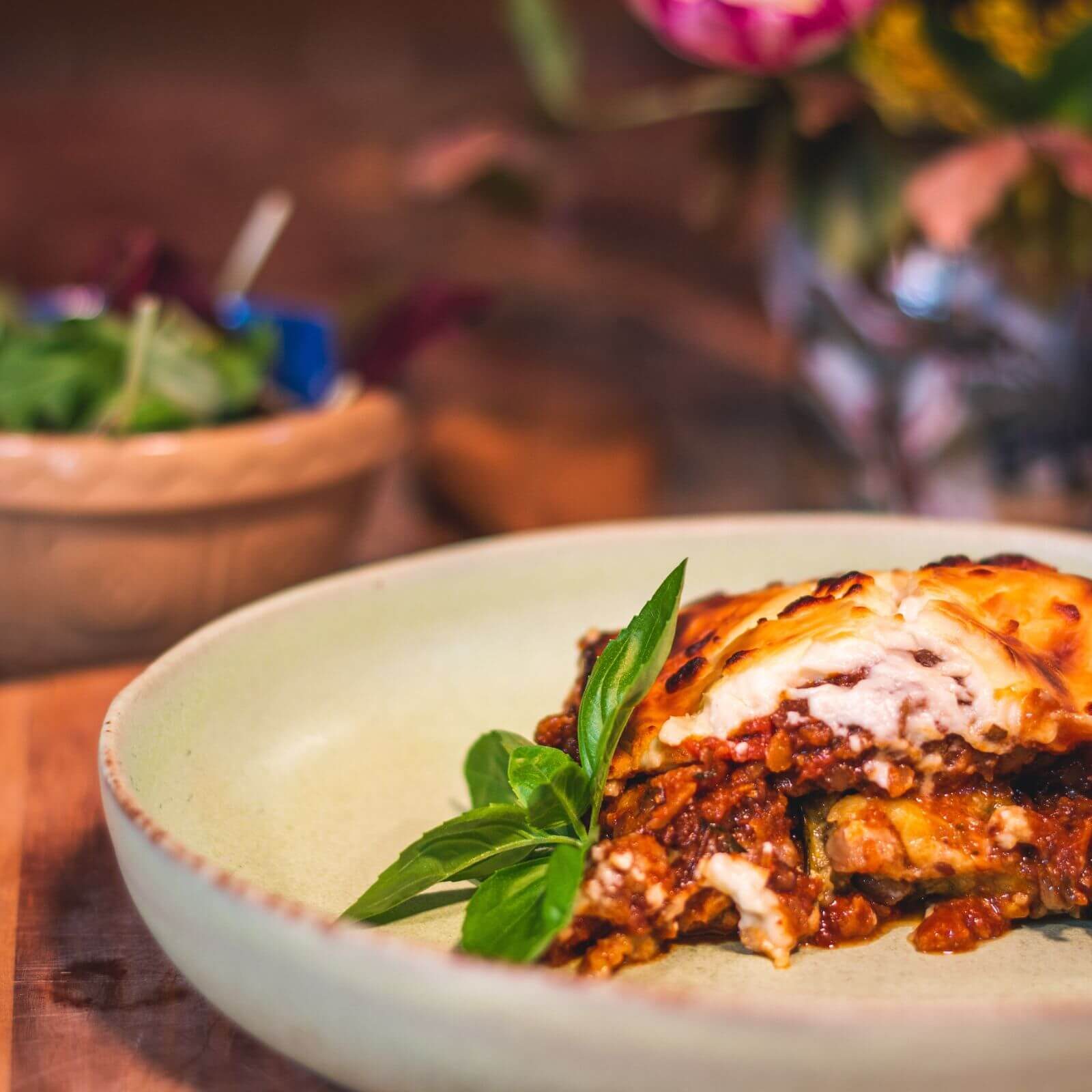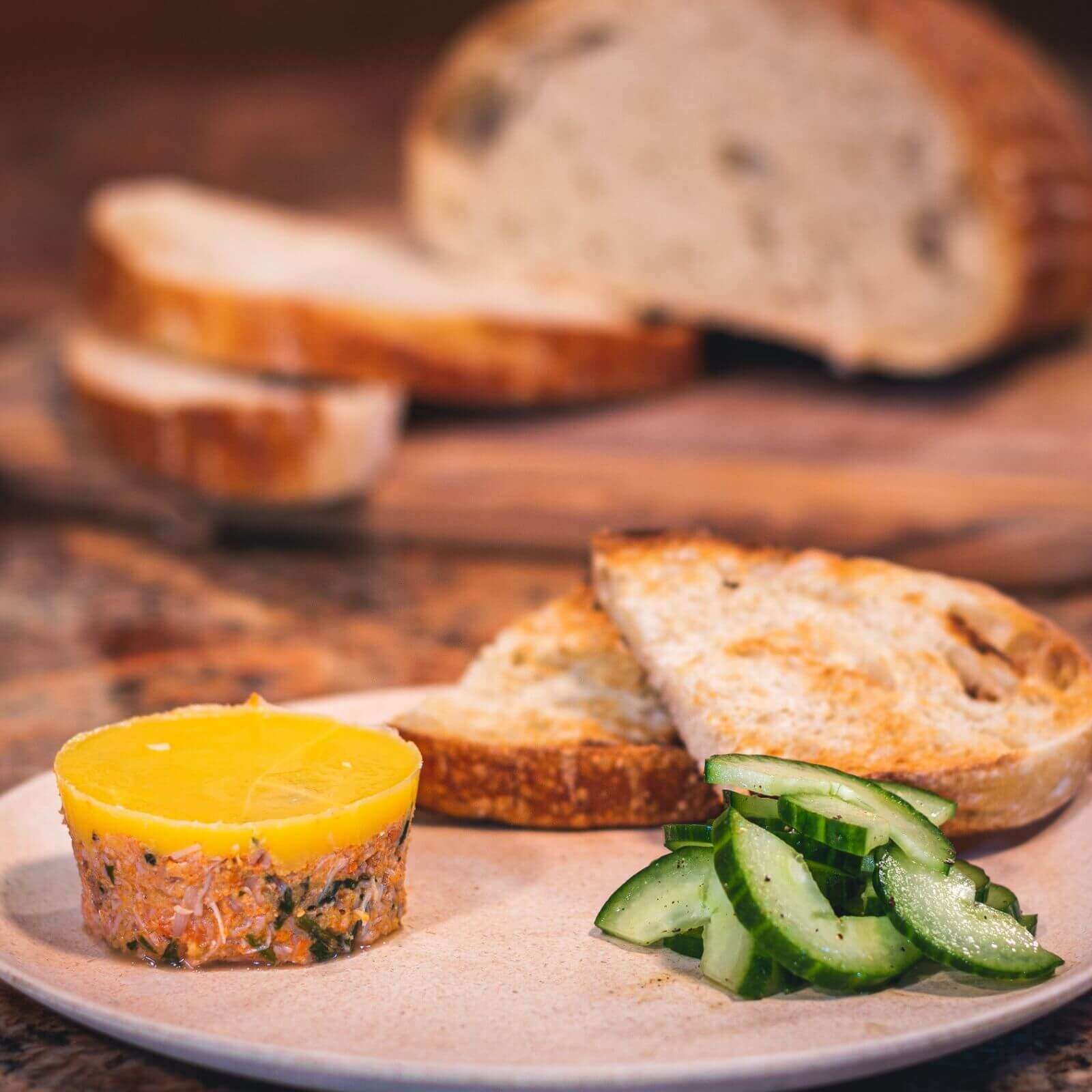Elderflower Cordial
Shake the elderflower heads to remove any unwanted visitors and place in a large sealable container with the lemon zest and slices Bring the water to the boil in a large saucepan, add the sugar and bring to the boil again to dissolve. Pour the boiling syrup carefully over the flowers and lemons, add the […]
The Recipe Story
This time of year in the UK, the hedgerows are bursting with elderflowers, before I moved to where I live now I didn’t really notice them, we always scoured the hedgerows in late summer for brambles, and later on for sloes, but the elderflower for some reason always passed me by.
Now I eagerly await each year the little buds starting to flower and eventually open into large frothy heads of tiny fragrant white flowers. Ours are always late to flower as we live in a bit of a microclimate here on top of the Yorkshire Wolds, but they are always here for longer than others too, so I can enjoy them long after everyone else’s have disappeared. I usually make about 40-50 litres a year and freeze most of it to enjoy throughout the year, one year however we made about 200 litres, and that lasted a long time.
I just use lemons in with the elderflower, citric acid and sugar, but you can add orange, lime and a friend of mine puts vanilla in his. Occasionally I add ginger and one year made it with honey, but you need an awful lot of honey. Citric acid is available to buy online.
I make a lovely soft drink with elderflower cordial, ginger beer, tonic water and sparkling water, this with lots of ice and slices of lime makes a really refreshing drink for any time of year. Also try it with chopped strawberries and mint, topped with fizzy water, really delicious. Drink it with hot water in the winter for a change from herbal tea.
The only downside of elderflower cordial is that it uses a lot of sugar- you just have to think that it is a lot better for you than fizzy drinks (maybe).
This year I have added Camden tablets to my cordial, (use per instructions on the container) which I bought in Wilko’s, they are sulphites, they stop the bacterial growth which you sometimes get- usually I ignore it, but sometimes it can get a bit much!
I have also made some from the black elder that grows in my garden, this makes a very pretty pink coloured cordial – and I have also made some elderflower liqueur, hopefully this time it will work, the last time I attempted it it was really bitter, I subsequently found out that you cannot have any stalk in it, only the little flowers as the stalk makes it go bitter, what a waste of vodka! This year it took me 2 hours to remove all the little flowers, and another hour to clean my hands. I will report back on the state of the liqueur soon.
The next eagerly awaited produce from the elder will be the berries- they make a fantastic syrup absolutely bursting with vitamin c, many people swear by it as a cold and flu remedy, that could be very useful. It also makes an amazing liqueur too, also obviously only for medicinal purposes.
I hope you enjoy it.
Ingredients
10 heads elderflower
1 lemon, zested and sliced
1 kg granulated sugar
900 ml water
45g citric acid
Method
- Shake the elderflower heads to remove any unwanted visitors and place in a large sealable container with the lemon zest and slices
- Bring the water to the boil in a large saucepan, add the sugar and bring to the boil again to dissolve.
- Pour the boiling syrup carefully over the flowers and lemons, add the citric acid and stir well.
- Cover with a lid and leave for 24 hours.
- Strain through a double layer of butter muslin in a sieve, or a jelly strainer.
- Pour into sterilised bottles and keep in the fridge.
If freezing make sure you leave a good gap between the liquid and the top of the bottle to allow for expansion, you can freeze in glass bottles, but leave a bigger gap.
To sterilise your bottles, put them through a hot wash in a dishwasher, allow to dry then put in a cold oven and set the temperature to 140C, allow to come to temperature and then they are sterilised.
To extend the life of your cordial, heat treat the bottles in a hot water bath. Place a tea towel in the bottom of a deep pan and place the bottles on the top. Fill with water to 5cm from the top of the bottles and bring to the boil. Reduce the heat and simmer at 80C for 20 minutes. This will keep the cordial for up to 1 year.





